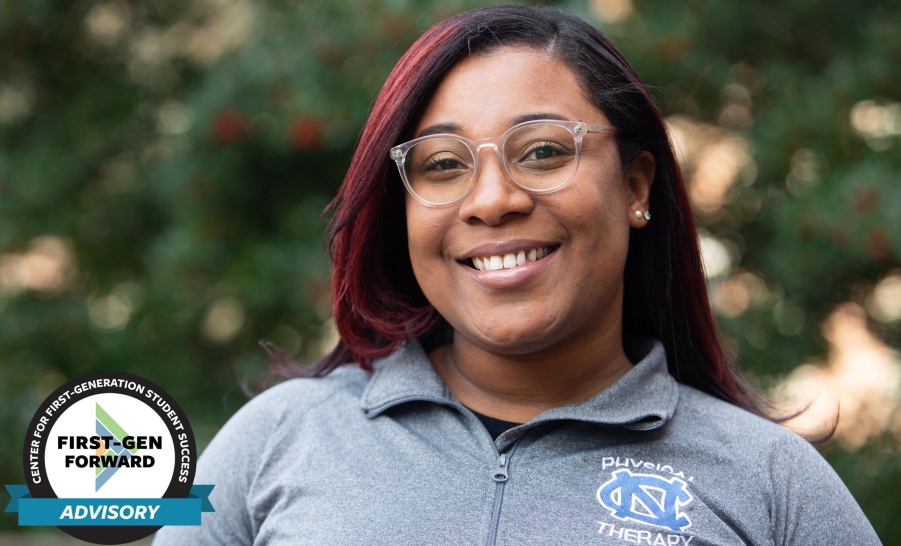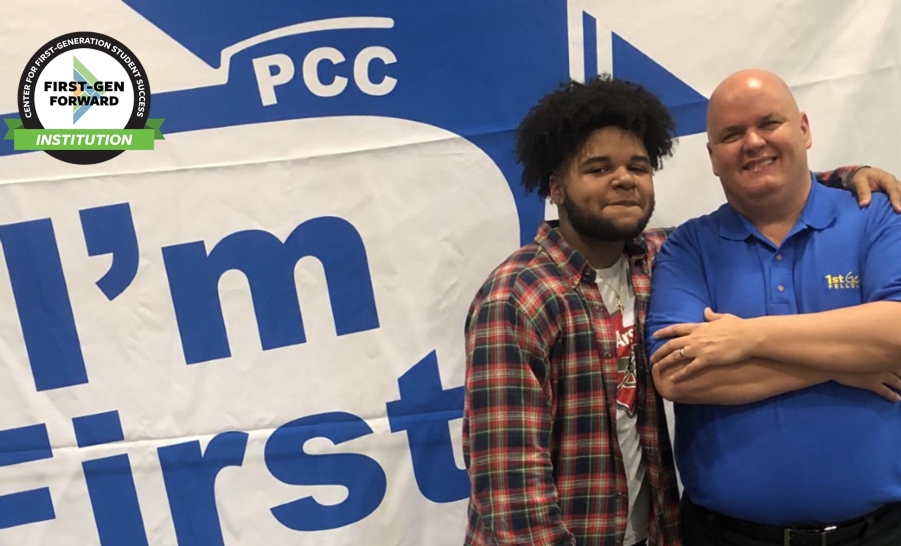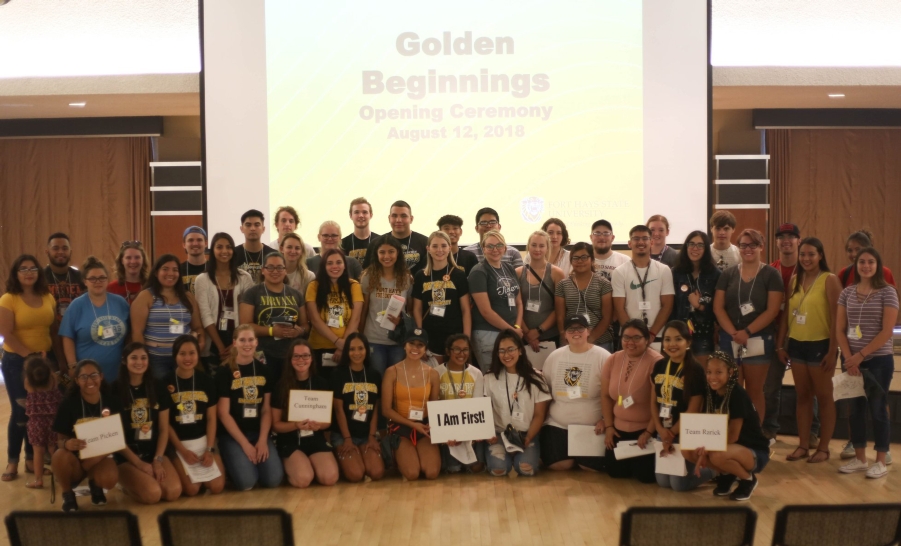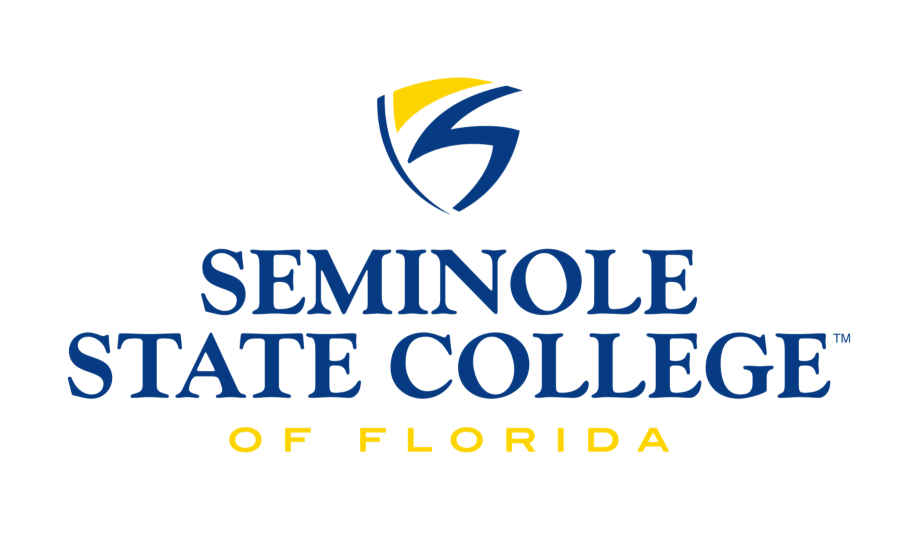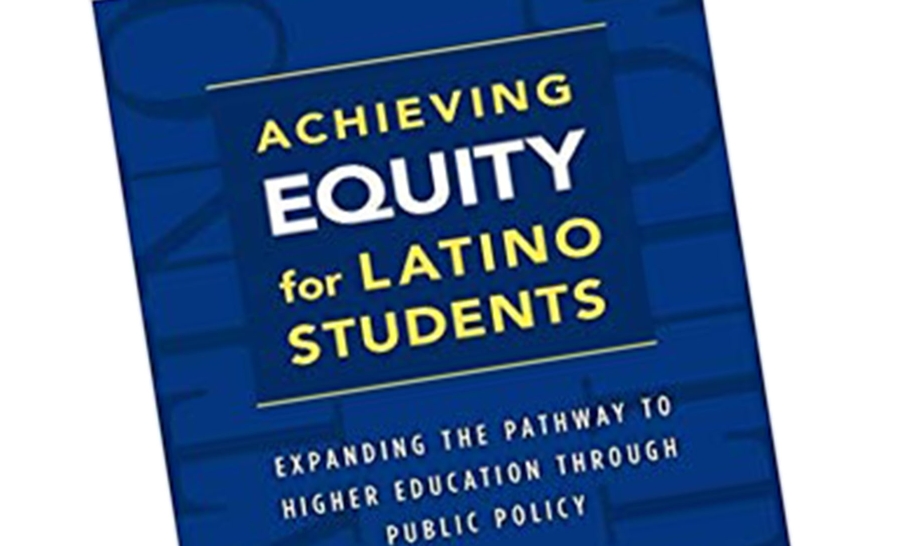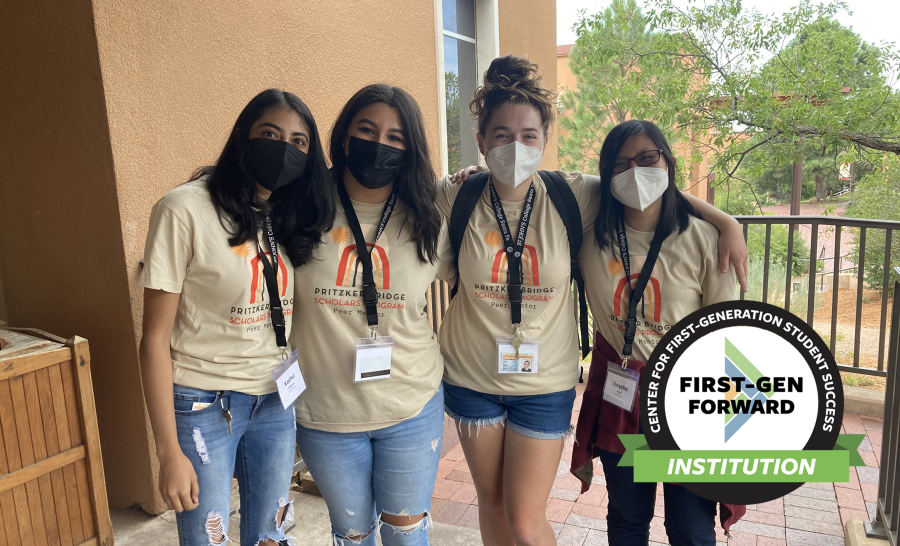Equipping First-generation Students Against Cognitive Depletion
Tabetha Adkins, Ph.D., & Judy Kawamoto, Ph.D. , / FirstGen Forward / February 20, 2020
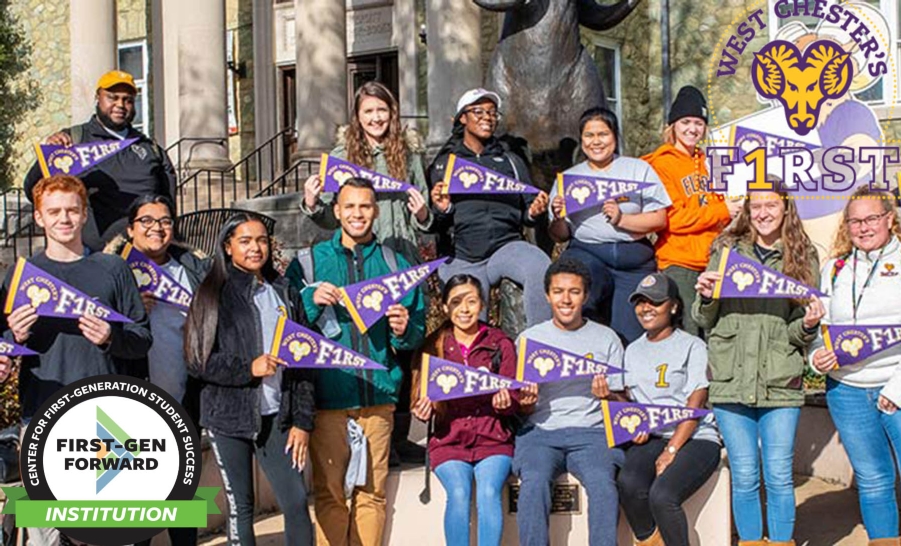
A recent Educational Advisor Board (EAB) publication by Annie Yi, The Power of the Nudge, introduced us to the concept of cognitive depletion, which is defined as “the decline in decision-making ability when fatigued by overwhelming amounts of information” (Yi, 2019). The problem with cognitive depletion is that these overwhelming amounts of information lead people to “respond based on convenience or surface appeal, rather than make the most beneficial choices” (Yi, 2019). For example, a student opens their new university email account for the first time and sees 100 new messages on topics as wide ranging as information on student organizations they might join, or steps that must be taken to accept financial aid disbursement. This student, already overwhelmed with all the steps it took to become a student, decides not to read the messages in their inbox, and ultimately misses out on scholarship opportunities.
Yi goes on to say that “students who rely on financial aid are more prone to cognitive depletion than students who don’t have to worry about how they will pay for school. Resource scarcity leads to additional scarcity, a phenomenon that behavioral psychologists call “tunneling” (Yi, 2019). At our institution where 72% of our undergraduates rely on financial aid to fund their education, this fact was startling.
This publication got us thinking about how cognitive depletion might be especially concerning for first-generation students. Continuing-generation students are more likely to have the benefit of assistance from a parent or guardian who can pull from their previous college experience and may keep an eye on important deadlines and details, especially at the beginning of a student’s career when these concepts are new and even more likely to overwhelm. But, for a first-generation students and their family who is new to navigating university admission and enrollment, cognitive depletion can affect not only the student as well as the family. First-generation students are less likely than their continuing-generation peers to complete steps to prepare for college enrollment (thinking about attending college, preparing academically for college-level work, taking standardized tests, completing applications for desired colleges, gaining acceptance and making financial and other arrangements)—all potential evidence of the cognitive depletion concept (Ward, 2012).
What can we do to help prevent the potentially negative repercussions of cognitive depletion—especially surrounding decisions that may have long-term lasting effects on first-generation student success? Here are a few ideas to consider:
- Jargon—at universities and colleges, we love it. Could we reconsider some of our strange jargon? Could we call the Bursar’s Office the Student Accounts Office? In cases where we cannot eliminate jargon, we can help students navigate the jargon. Our First-Generation committee created a helpful glossary of terminology with the help of first-gen students on campus.
- Nudges—This is EAB’s recommendation. Nudges are just-in-time reminders that prompt action. For example, at registration time, sending a text that says “We noticed you have not scheduled your courses for next semester. Do you plan to schedule? We would like to help. Please reply Yes or No.” Nudges are designed around the idea that we do not expect students to retain detailed information over long periods of time. In other words, just because a student learned how to register themselves last October does not mean they remember all the steps the following March. Programming efforts for our first-gen students have also utilized this strategy by offering targeted academic support initiatives to prepare for mid-terms, and stress-reducing events just prior to final exams.
- Communication audit—consider how and when you are communicating with students, and especially incoming undergraduate students. Our recent audit indicated that an incoming undergraduate student might receive close to 400 communications from someone at our university prior to their first class day! Some of these communications can be delayed, conveyed differently, or coordinated. Messages related to action items like registration for courses, housing, and finances should be prioritized, and communication should be action-oriented instead of informational. Our Communications committee is preparing to survey our first-gen students to learn which of our many modes of communication—e-mail, social media, websites, blog posts—are most effective for delivering critical information.
As we celebrate the achievements of our first-generation students, we also want to be sure that our processes are not creating additional obstacles impeding their success. We must look inward at our own processes, procedures, and communications to ensure we are planning for the success of all students.
What steps have you taken to prevent cognitive depletion for first-generation students on your campus? Brainstorm some items and share with your colleagues, this may be the start of a working-group!
To learn more about West Chester University’s approach visit: wcupa.edu/wcfirst.
References
Ward, Lee., et al. First Generation College Students: Understanding and Improving the Experience from Recruitment to Commencement. Jossey-Bass, 2012.
Yi, Annie. The Power of the Nudge: A Guide to Behavioral Interventions for Student Success. EAB, 2019.
